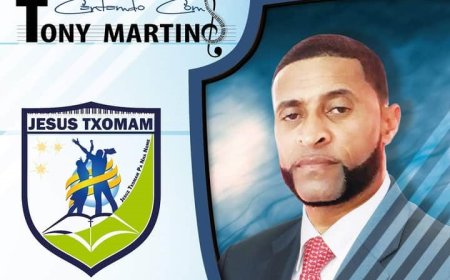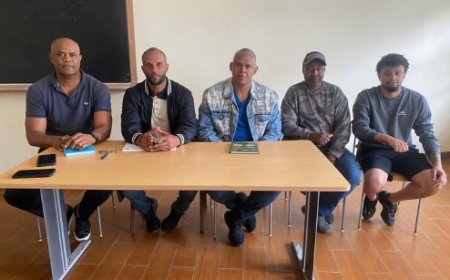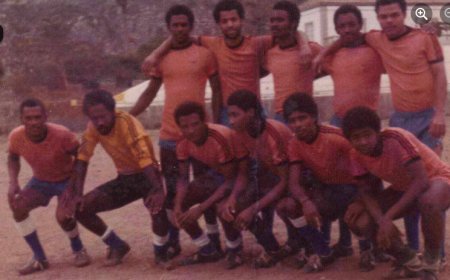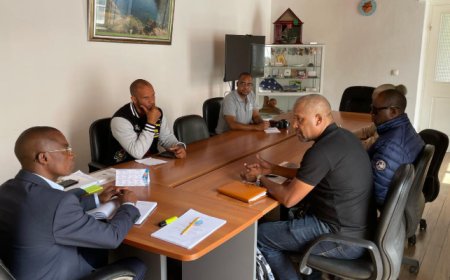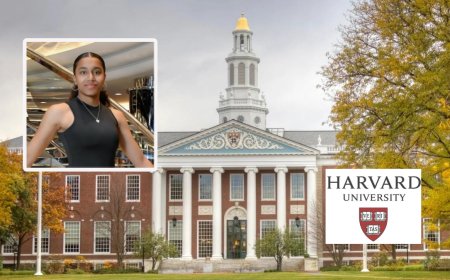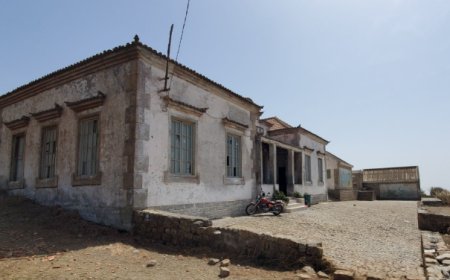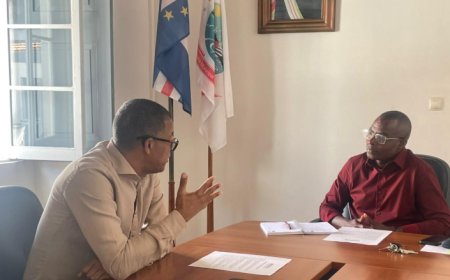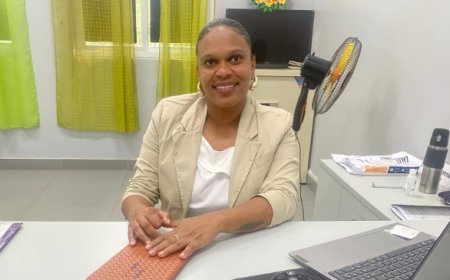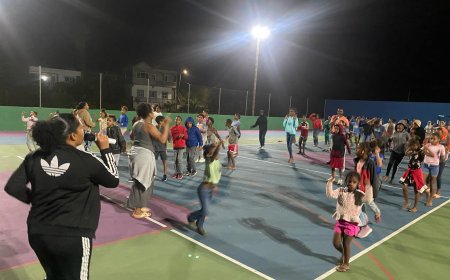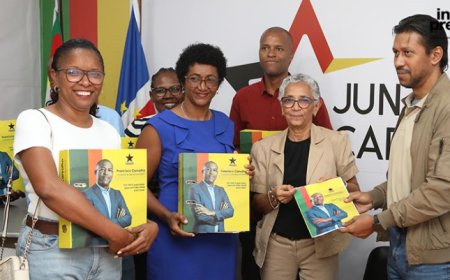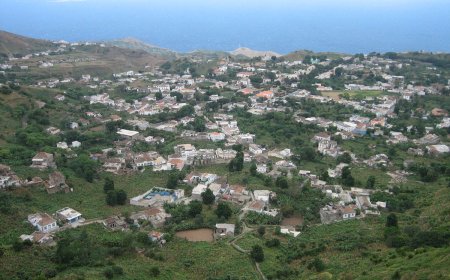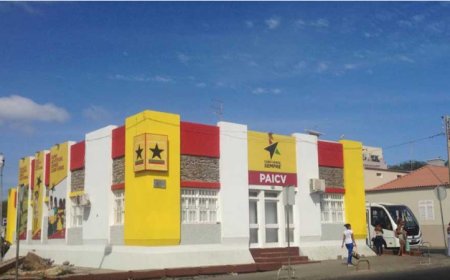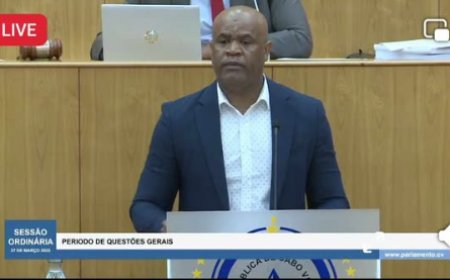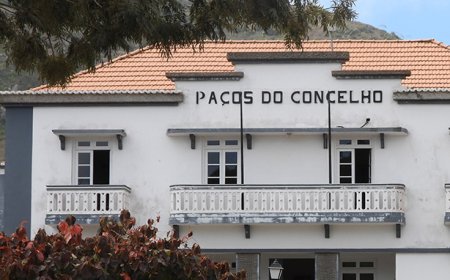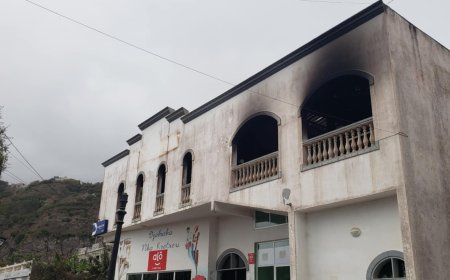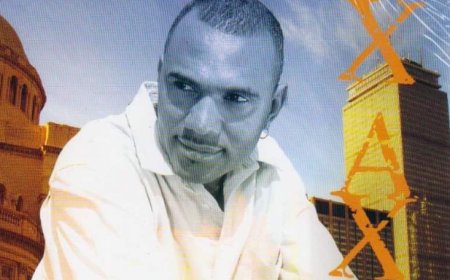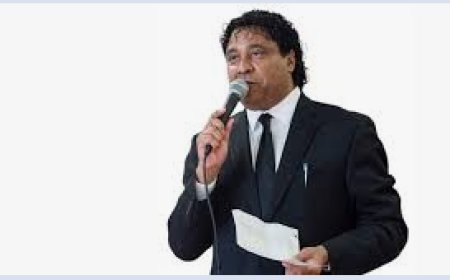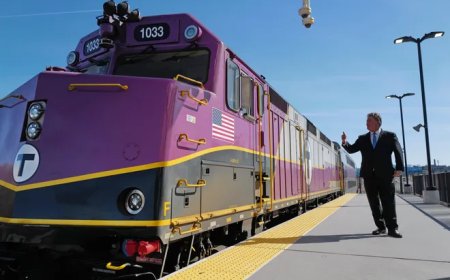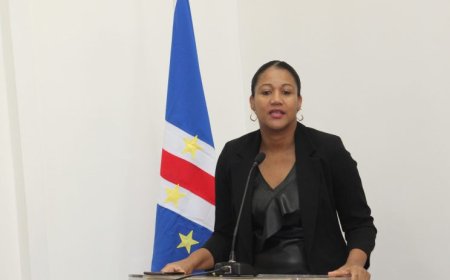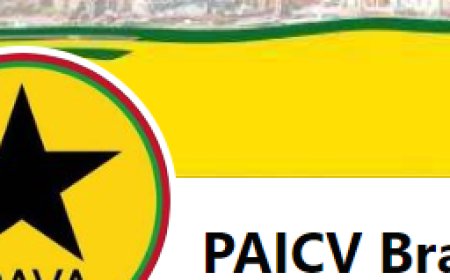December's elections in Brava ushered in a new political era
Vila Nova Sintra, April 8, 2025 (Bravanews) - In December 2024, Ilha Brava witnessed a historic milestone in its political trajectory with the election of Amândio Brito as mayor.
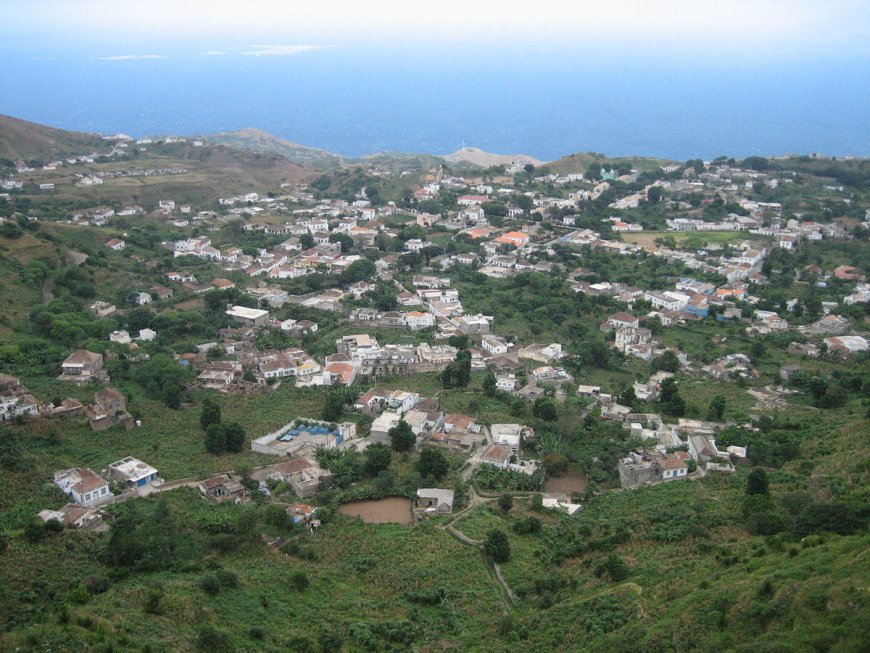
The result of the election not only consecrated a new name to the leadership of the local executive, but also inaugurated an unprecedented dynamic in the Municipal Assembly, where the opposition bench, led by the Movement for Democracy (MpD), won a greater numerical representation than the party that now holds executive power. This unique scenario unequivocally points to the dawn of a new political era on the island, marked by the breaking of paradigms and the urgent need to rethink the participation of the new generations in public life.
The election of Amândio Brito represents a watershed in Bravense politics. His victory is particularly notable because he is an individual who, until then, had no history of militancy in any established political party. This suggests a desire on the part of the population for independent figures, capable of transcending traditional party divisions and bringing a new perspective to the management of public affairs. The choice of a leader with no previous ties to party structures can be interpreted as a vote of confidence in a more technical and less ideological approach to municipal administration, focused on the concrete needs of the community.
Alongside Brito's rise to the head of the City Council, the composition of the Municipal Assembly also reflects a significant change in the local political landscape. The conquest of an opposition bench that is larger than the ruling party represents an unprecedented challenge for governability. This new configuration will require a constant exercise in dialog, negotiation and the search for consensus between the different political forces represented. The need to build bridges and find solutions that meet the interests of the majority of the population has therefore become an imperative for the stability and progress of the island.
For decades, politics in Brava, both in the African Party for the Independence of Cape Verde (PAICV) and in the MpD, has been characterized by a concentration of power in a restricted circle of figures. This dynamic, although common in many political contexts, seemed to have become particularly entrenched on the island. However, the recent election results suggest a growing desire for renewal and a more equitable distribution of political power. The rise of new leaders and the greater representativeness of the opposition indicate that the cycle of domination by a small group of individuals may be coming to an end.
In this context of transformation, reflection on the need for new generations to enter Bravense politics becomes even more pressing. The island's young people, with their new ideas, perspectives and energy, represent an untapped potential for revitalizing the local political scene. Breaking the monopoly of power by established figures opens up space for these new talents to come forward and contribute to building a more promising future for Brava.
The new political era shaping up on Ilha Brava brings with it challenges and opportunities. The need for a municipal executive capable of dialoguing and building bridges with a strengthened opposition, coupled with the urgency of making room for the participation of new leaders, will require political maturity and a genuine commitment to the well-being of the population. Brava, with its rich history and resilient people, now has the chance to tread a more inclusive, participatory and forward-looking political path. The watchful eye of civil society and the engagement of new generations will be crucial to consolidating this new era and ensuring that it brings the fruits of sustainable and equitable development to the whole island.
MS




